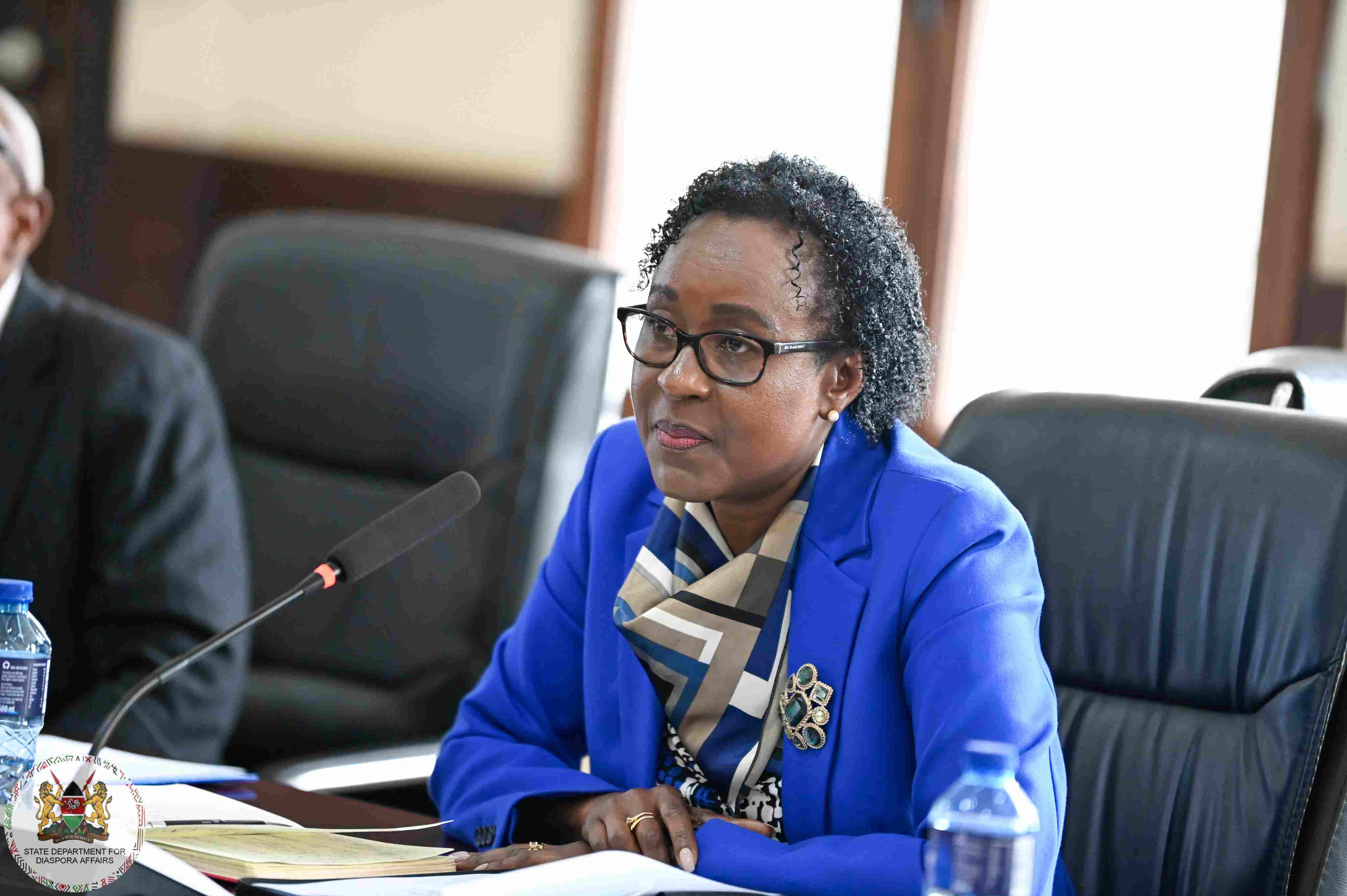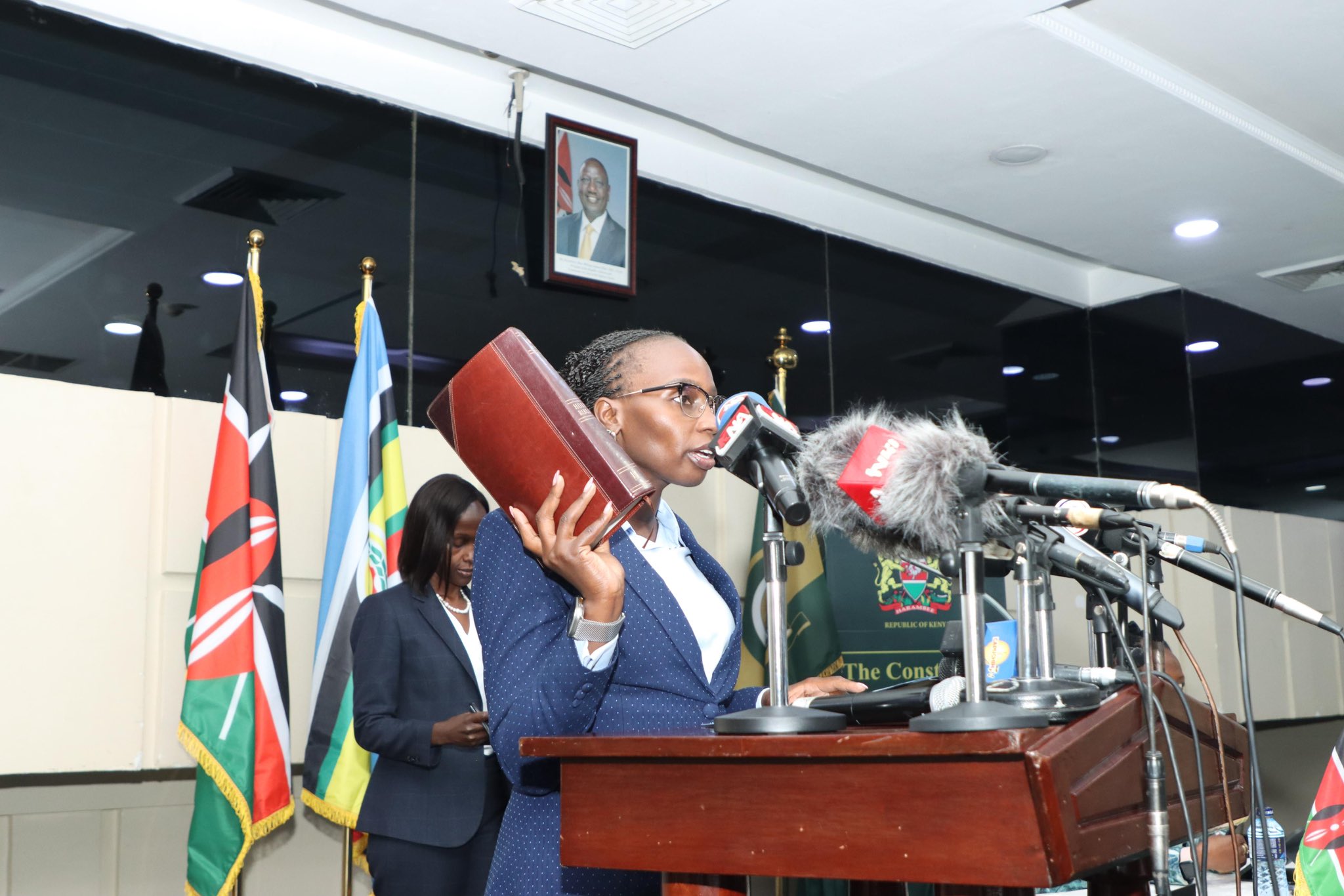CBK, commercial banks disagree over benchmark for determining lending rates

The banks argue that after interest rate caps were introduced on interbank lending, the use of this rate as a base would be more responsive to market conditions.
The Central Bank of Kenya (CBK) is pushing for the adoption of its Central Bank Rate (CBR) as the benchmark for determining lending rates in the country’s banking sector.
The proposal has drawn a strong response from commercial banks, which prefer the Interbank Rate as the reference point for setting loan rates.
More To Read
- CBK licenses 27 more digital lenders in bid to boost consumer protection
- CBK: Microfinance banks struggling with loan defaults amid shrinking deposits
- Foreign workers in Kenya remitted home Sh91 billion - CBK
- Kenyan banks’ asset value declines for first time in 23 years
- CBK revises credit pricing model, adopts new benchmark rate for loan pricing
- Tourism and agriculture leading in hiring as other sectors stumble
CBK argues that the Interbank Rate, while reflecting real-time market conditions, is highly volatile, especially during periods of tight liquidity.
According to the regulator, this volatility can lead to inconsistencies in lending rates, which would affect borrowers.
"CBK proposes the use of the policy rate (Central Bank Rate) as the common reference rate for determining lending rates in the Kenyan banking sector. The Central Bank Rate (CBR), as the common reference rate, reflects the cost of funding to the banks," said CBK in a public statement.
However, commercial banks believe that using the Interbank Rate would allow borrowers to benefit more quickly from changes in CBK’s policies.
The banks argue that after interest rate caps were introduced on interbank lending, the use of this rate as a base would be more responsive to market conditions.
CBK’s proposal also includes a new model for determining lending interest rates, which will incorporate a premium called "K."
This premium will factor in various elements, such as banks’ operating costs, the risk profile of borrowers, and the expected returns for shareholders.
Importantly, CBK acknowledges that a bank’s funding cost may not always align with the benchmark rate. When this happens, banks will be required to adjust their premiums accordingly.
The new model aims to tackle transparency issues in the sector, where banks have often been accused of not providing sufficient information about their credit products.
Under the updated system, CBK will publish the components of each bank’s lending rate premium on its website and in national newspapers.
The proposal is intended to promote fairer competition and ensure that borrowers can compare different loan products.
CBK’s consultative paper indicates that the new framework will apply to all new loans immediately upon adoption. Existing loans will be gradually transitioned to the new model over three months.
The regulator hopes that this will increase consistency and transparency in lending rates across the banking sector.
Top Stories Today












































